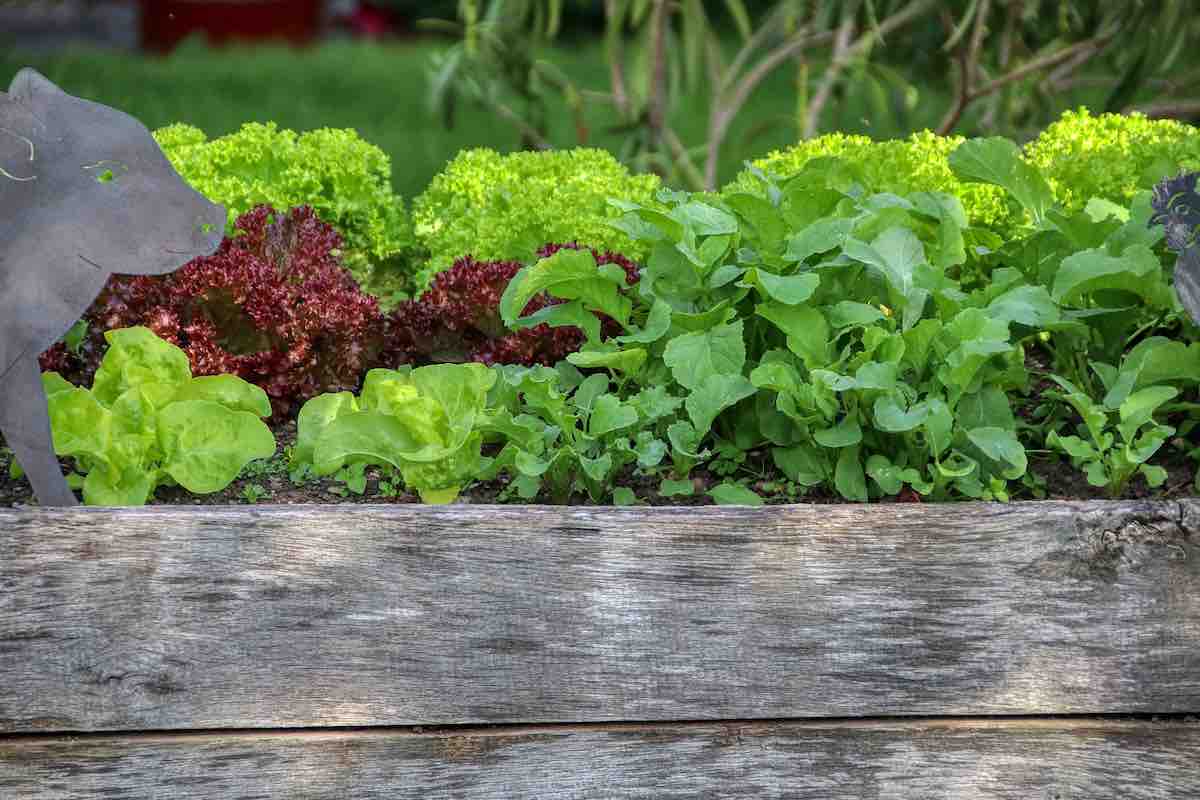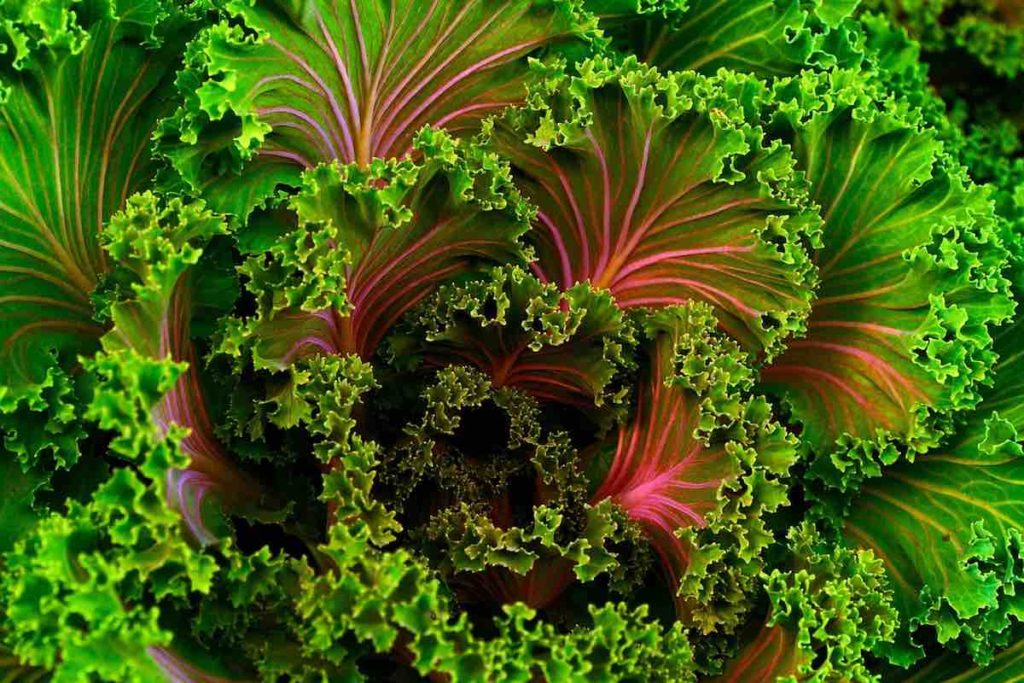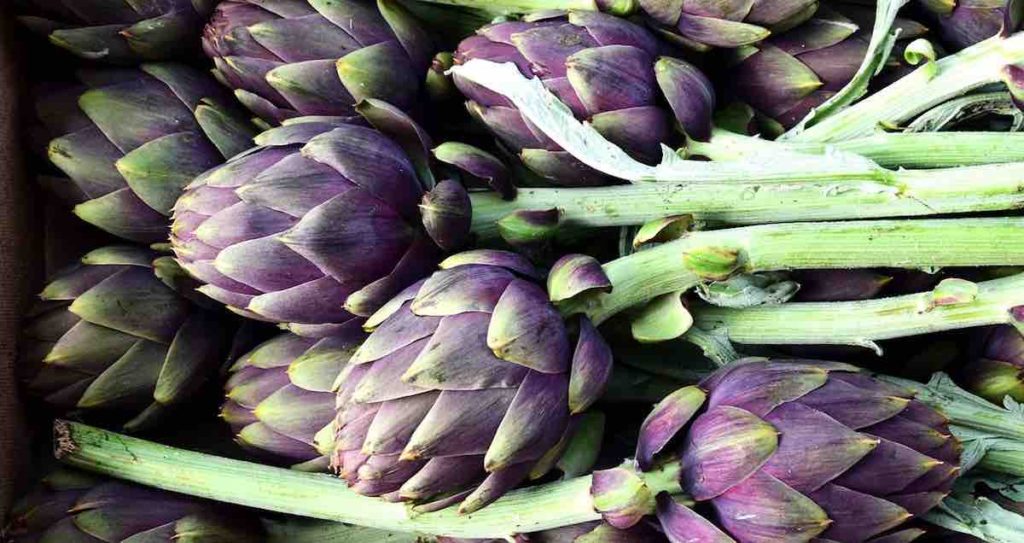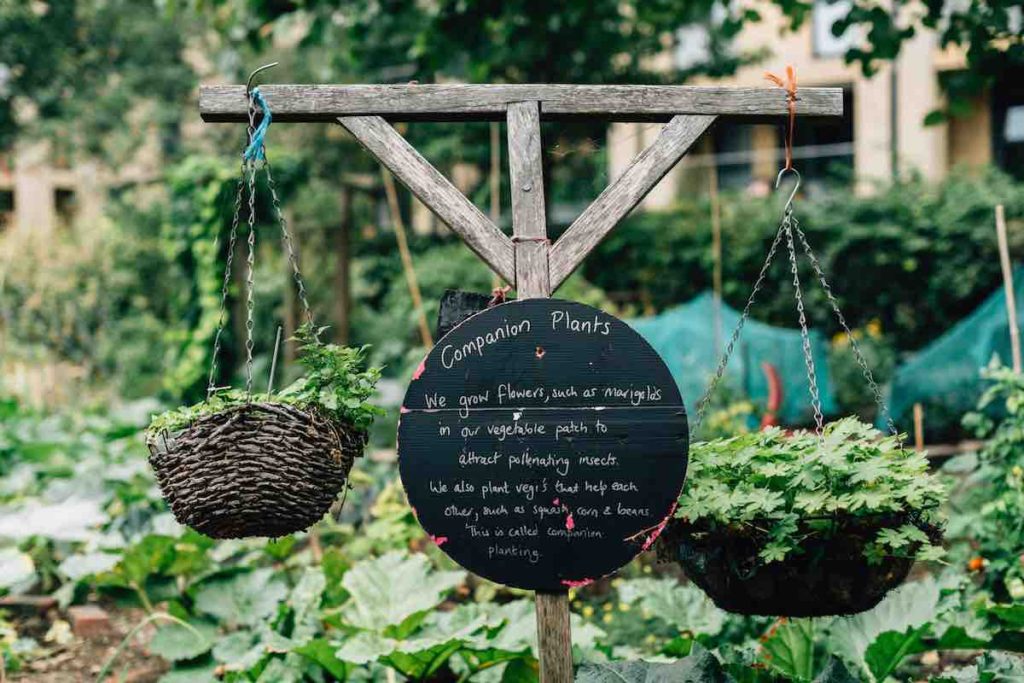Updated May 12, 2025
As an Amazon Associate, I earn from qualifying purchases. This helps us continue to provide high-quality, free content for our readers.

I do not like broccoli. And I haven't liked it since I was a little kid and my mother made me eat it. And I'm President of the United States and I'm not going to eat any more broccoli.
—George H. W. Bush
Perhaps Mr. Bush was a super taster who was particularly sensitive to the bitterness or sulfurous odor of broccoli. The super nutritious broccoli family includes vegetables such as kale, Brussels sprouts, and arugula. They exemplify the reason why vegetables are good for you—the power of plants in preventing cancer and promoting overall health.
Whole Food Plant-Based Eating
Different people can react differently to the same diet.
Even the same person can react differently to the same diet eaten at different times of the year or in different parts of the world.
Not everyone loses weight by eating low carb. Keto can benefit many people, but may not be healthy long term.
We can argue all day about various diets, but just about all health care professionals and researchers can unanimously agree that it's good to eat whole foods and not processed food. <Learn more>
Secondly, most modern humans can benefit from eating more plants, especially vegetables—though how much and which kinds of vegetables could be up for further discussion.
Vegans and vegetarians are plant-based, but plant-based eating isn’t necessarily vegan or vegetarian.
For the most part, whole food flexitarian omnivores tend to be much healthier than junk food vegans or vegetarians who don’t eat whole foods.
There’s plenty of debate over the health benefits or deficiencies of vegetarianism. Considering that the Standard American Diet, which has been exported to other parts of the world, consists of feedlot animal products and processed foods, eating significantly more vegetables is better for health.
Some diets forbid nightshade plants such as eggplant and tomatoes. Others condemn the oxalates in certain greens such as spinach and chard. There are even diets that avoid lectins, which are found mostly in beans and grains. Yet the proponents of all of these diets can still agree on the benefits of eating vegetables in general.

Phytonutrients
Nowadays, plants contain fewer nutrients than before the industrial revolution—industrial agriculture's use of chemical fertilizers, pesticides, and herbicides, monocropping, and the contamination of our air, water, and soil with industrial pollution have stripped the soil of nutrients.
The mineral content of produce is determined by the soil quality and it doesn't matter if the produce is organically grown or conventionally grown.
Vitamin levels are comparable between conventionally grown and organically grown produce.
In addition to the vitamins we know of, plants have phytochemicals such as antioxidants that prevent cancer and aging. Phytochemicals include the resveratrol that is found in red wine and the sulfurous compounds in garlic.
Resveratrol has been touted as a supplement that can help lower the risk of heart disease. Yet it's best to get your nutrients from real food. Taking supplements may be useless and even toxic in large amounts. <Learn more>
Phytochemicals help plants to protect themselves from predators. Organically grown plants have higher levels of phytonutrients since they have to fend for themselves against pests and weeds.
Yet some phytochemicals are toxic to us while others, also referred to as phytonutrients, support our immunity and prevent disease.
In fact, crumpling lettuce 10 minutes before eating it will provoke more protective phytochemical secretion—more nutritious for us! Read Jo Robinson’s Eating on the Wild Side for more details.
Robinson also explains that most of our fruits and vegetables today have been selectively bred over thousands of years. They’re larger, sweeter, and lower in phytonutrients, i.e. less nutritious, than their Paleolithic predecessors.
Plants closer to their wild ancestral state, such as dandelion greens, arugula, ferns, and herbs, are usually higher in phytonutrients. Likewise, plants that have a strong sour or bitter flavor, such as the broccoli Mr. Bush despised, have more phytochemicals.
Help Lower Blood Sugar Naturally
High levels of blood sugar can lead to insulin resistance, which is associated with weight gain, diabetes, and other metabolic diseases. Given the high rate of metabolic syndrome and diabetes in the U.S., managing blood sugar is crucial. Besides feeding the microbiome, the fiber in plants, including vegetables and beans, slow down digestion and sugar absorption to help lower blood sugar naturally. Some phytonutrients may also help prevent insulin resistance.
Plants Nourish the Microbiome

It makes sense that the microbiome would be related to the gastrointestinal system. Yet who would have imagined that microbes in the gut could affect mood, immunity, blood pressure, weight, and insulin response?
Barely a blip on the radar 20 years ago, there is still a lot to be learned about the microbiome. Yet it appears that its beneficial bacteria suffer when fed processed food while flourishing on prebiotics such as vegetable fiber. Artichokes, asparagus, onions, garlic, beans, and apple peels are rich sources of prebiotic fiber.
This is another reason why we can’t thrive on processed nutrition bars, despite their “perfect on paper” macronutrient profile.
Local Fruits and Vegetables
For the most part, farmer’s market produce is fresher and of better quality than what is in a grocery store. Produce for sale in stores have to be picked unripe to survive the journey and have an extended shelf life.
More importantly, eating seasonally and locally aligns with the sunlight specific to our geography, which significantly impacts our circadian biology.
Not to mention that seasonal local produce has a much lower carbon footprint and is more affordable. Produce that is out of season has to be sourced from a distance—often from another continent!
Of course, even at a farmer’s market, there will be variations in the quality of the produce. Some farms grow unbelievably beautiful plants, shiny and full of life! It seems that their vivid life force will be passed on to you when you eat them.
Organic Industrialized Farming vs. Regenerative Organic

Now that most people are on-board with the benefits of organic food, don’t be fooled by marketing.
Consumers may not be aware that organic produce can be grown industrially, using organic chemical solutions and/or monocropping.
Conversely, organic regenerative farming practices rebuild healthy soil microbiomes, support a balanced ecosystem, and cultivate biodiversity.
Holistic practices may include using ladybugs or bats to eat pests and planting companion crops that protect neighboring plants from pests.
Unlike industrial feedlots which truck out cow manure and bring in feed grown elsewhere, regenerative farmers have a self-contained ecosystem.
So don’t be manipulated into buying something simply because it’s labeled “organic.” There might be a local farmer, for instance, who practices holistic organic farming, but can’t afford organic certification. Get to know your local farmers!
Harness the Health Benefits of Vegetables
It’s not just that mothers know best—there are countless health benefits of vegetables. Vegetables help prevent insulin resistance, are rich in phytonutrients, and nourish the microbiome. Local, organic, and regenerative farming cultivates the most vibrant produce.
If you do just two things—eat more vegetables and unprocessed food—you’re already at 80% to eating well! And rather than trying to optimize that last 20%, how about spending your time doing other things that you enjoy?
Like this post and want to learn more? Find out more about reconnecting with whole foods and plants in my book, Nature's Palette: A Food Journey.
Want to incorporate more vegetables and whole foods into your diet? I can create a tailor-made eating plan for you and teach you how to shop intelligently and prepare easy and delicious meals. Schedule a free consultation.
